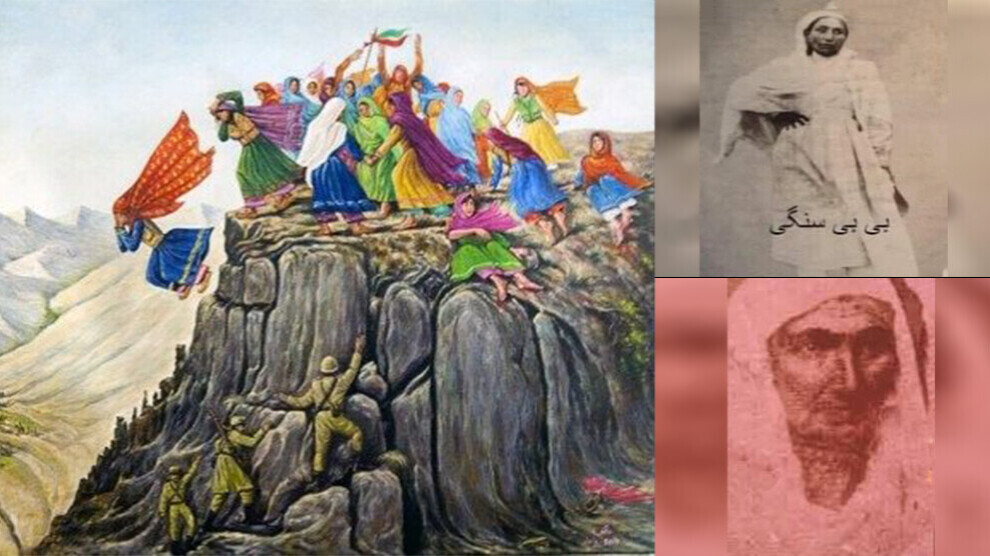History of Afghan women’s role in art and literature-Part 2
Afghanistan’s written history barely refers to the role of militant women, about the injustice faced in the hands of unfair rulers and the patriarchal society. But even so, their role in art, literature and resistance has always been reflected in history.

BAHARİN LEHIB
Kabul - The period of the rule of Abdur Rahman Khan, who was born in 1840 and died in 1901, was a dark period for people, especially women. England supported Abdur Rahman Khan to rule Afghanistan. he was Emir of Afghanistan from 1880 to his death in 1901. During his period, he committed many crimes besides civil wars, forcing the local people to convert into Islam and committed the Hazara genocide.
Women fighters
Abdurrahman Khan's forces attacked Uruzgan to kill the Hazaras; they killed men, young and old people they burned houses and raped women. During the Hazara uprising, a brave woman named “Shirin” rose up against all these crimes with her 40 comrades. The forces of Abdul Rahman Khan were finally defeated by these women. Therefore, these brave women were forced to retreat to Kabul in a defensive position and take shelter in one of Kabul's mountains. After a while, Abdurrahman Khan's forces arrived at the top of the mountain. Shirin and her comrades defended themselves by throwing stones for a whole day, but finally they gave up fighting. When they understood the enemy was approaching them, they threw themselves down the mountain and killed themselves. After the end of the government of Abdul Rahman Khan, this mountain was named as “Mountain of Forty Daughters”.
Makhfi Badakhshi
Makhfi Badakhshi was a poet from Afghanistan. She was born in 1876 and died in 1963. Between 1880 and 1901, under the rule of Abdur Rahman Khan, Makhfi-Badakhshi's family was exiled to Kandahar, where they lived for 20 years. Makhfi Badakhshi was educated privately until she moved from Khulm to Badakhshan. She began writing poems and learning science away from the politicians and her people when she was 16.
Makhfi Badakhshi spent her whole life in exile with her family and she left many poems after her.
Badakshi sent a letter to Mahjuba Herawi. In the letter, she wrote about their common pain about unfair practices against women by men. Badakhshi's poems reflect people’s pains and Amir Abdul Rahman Khan’s injustice.
